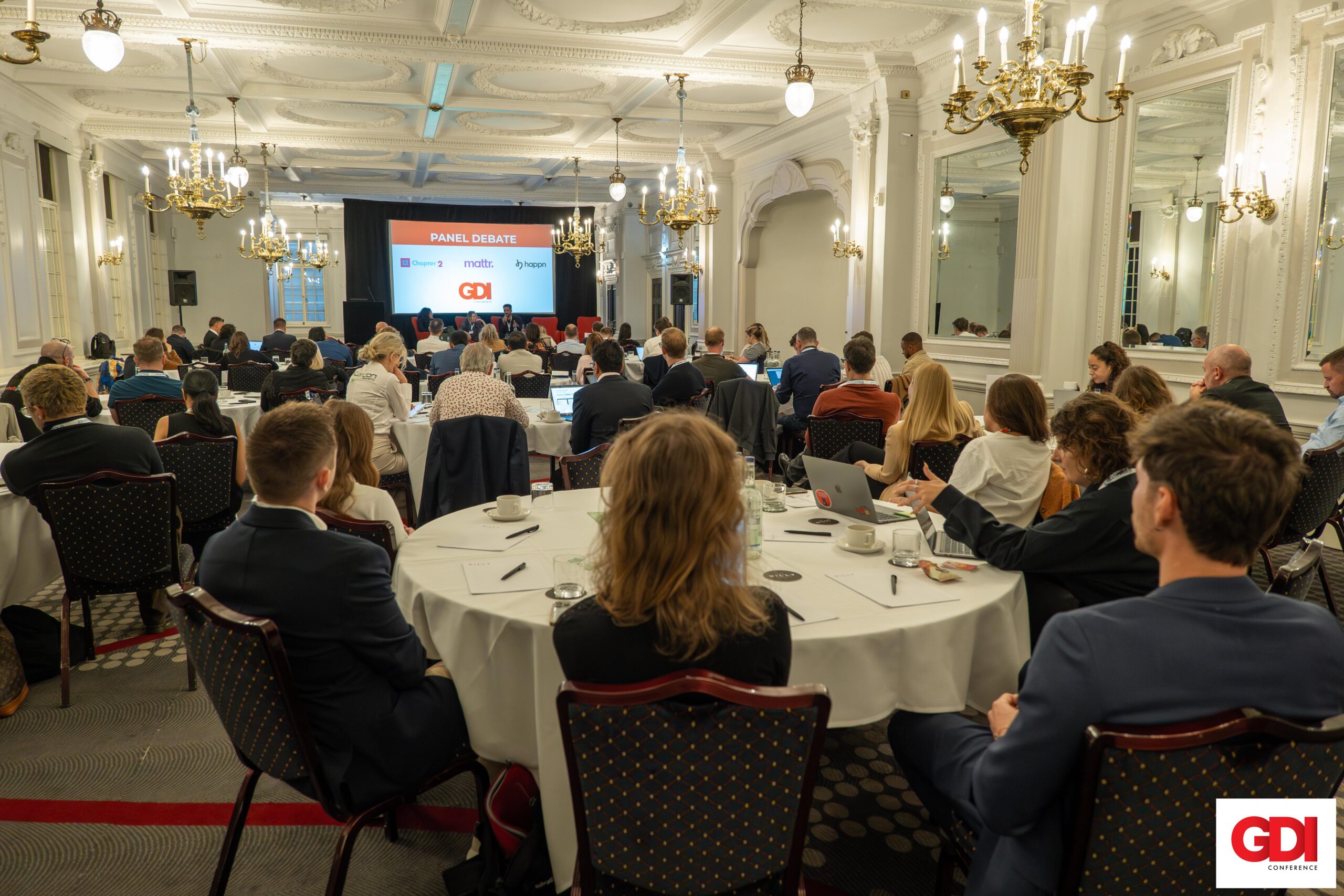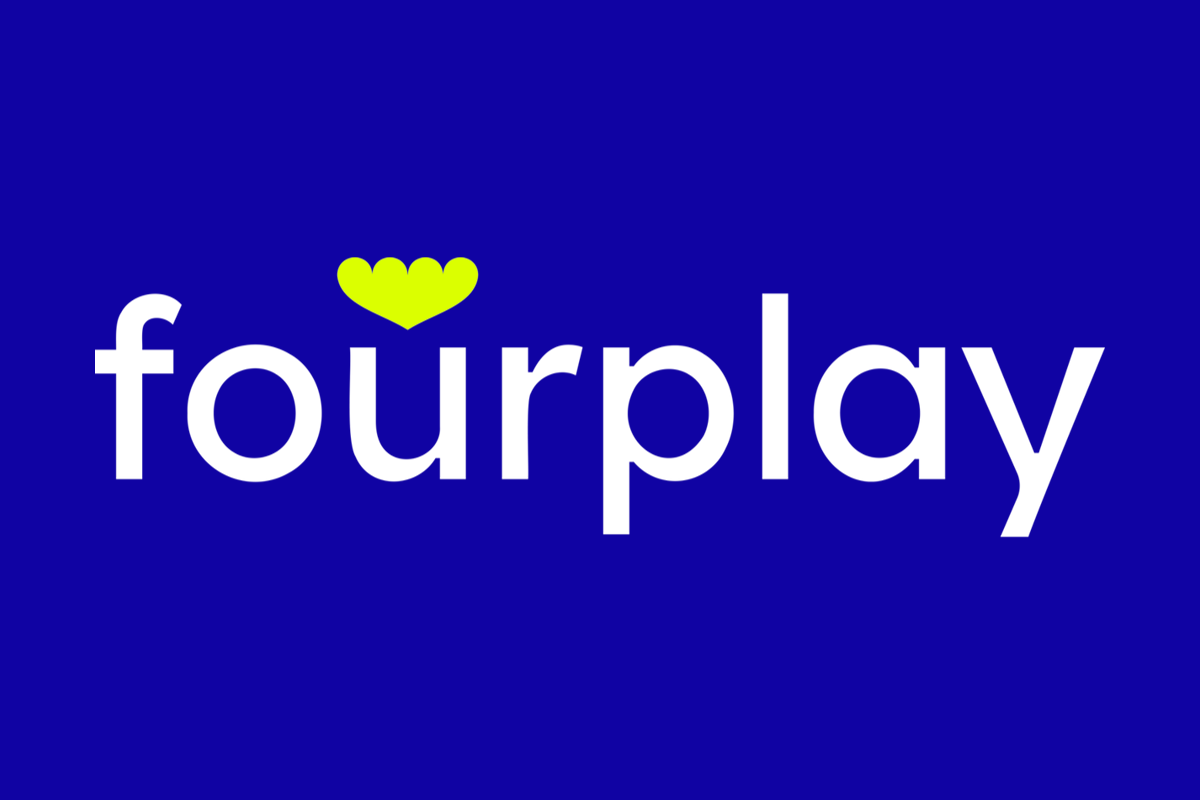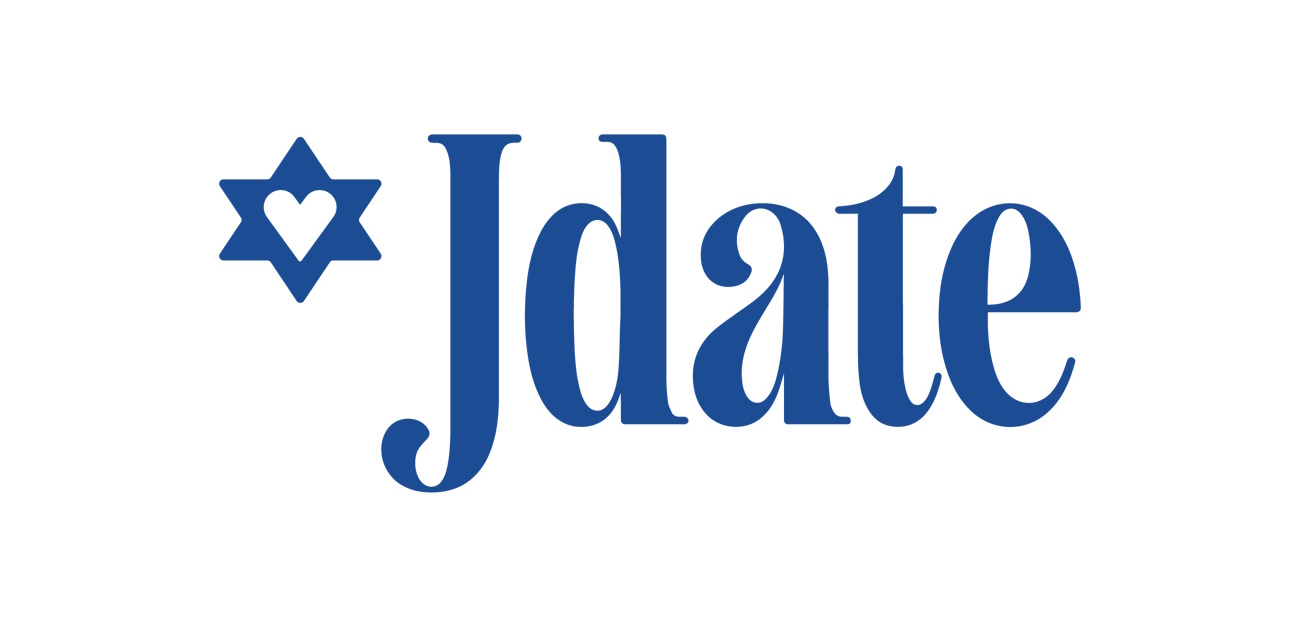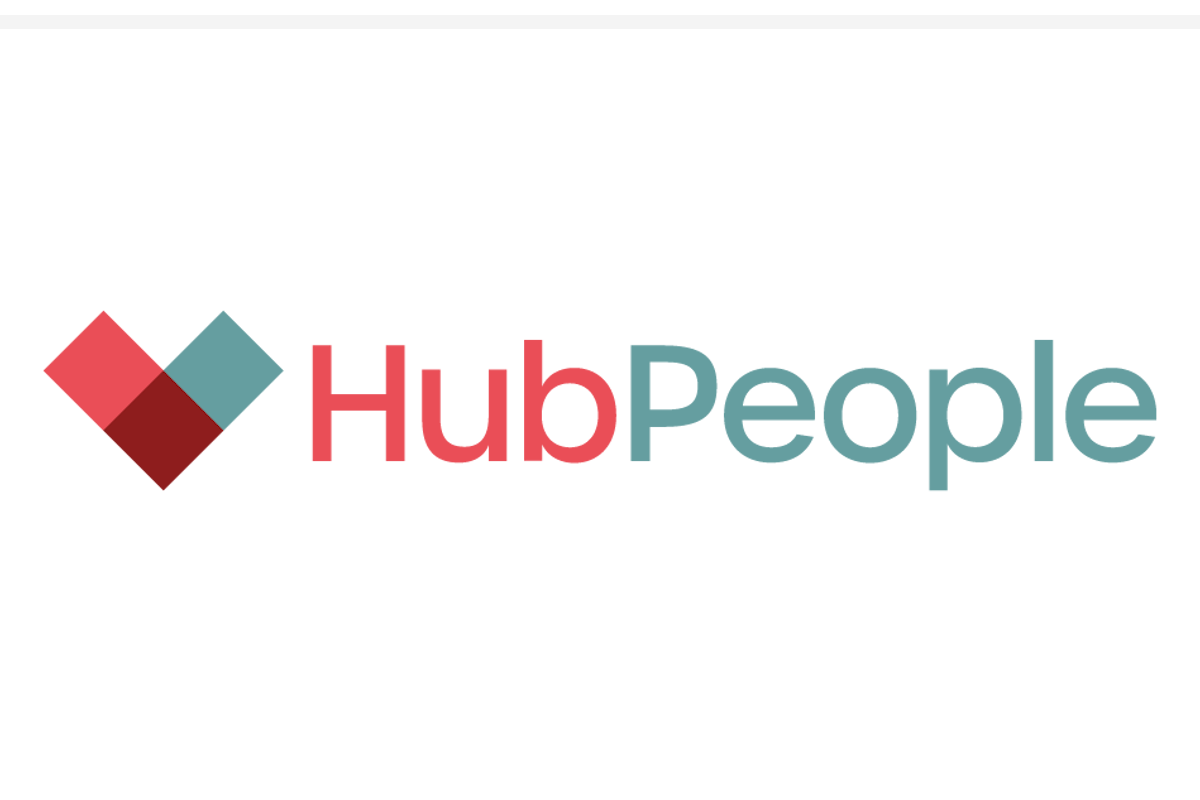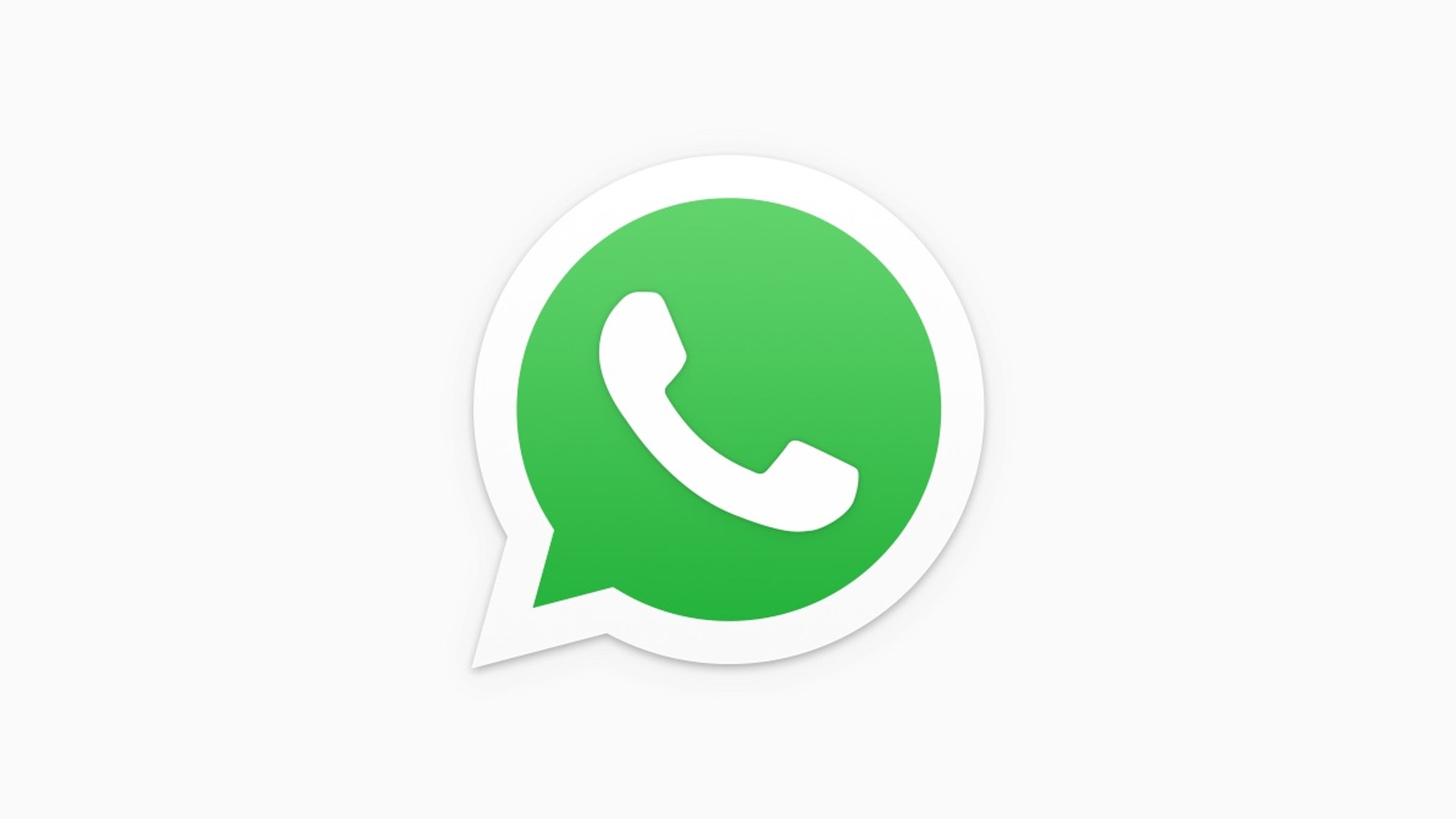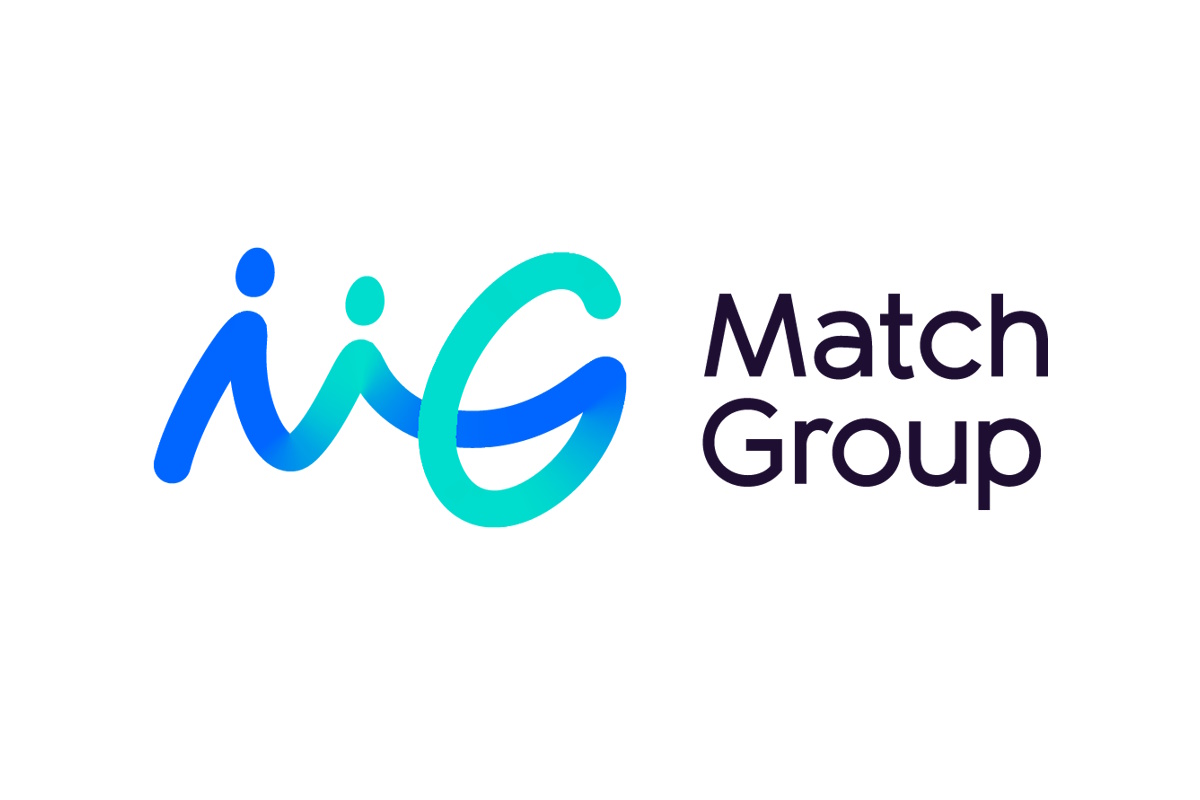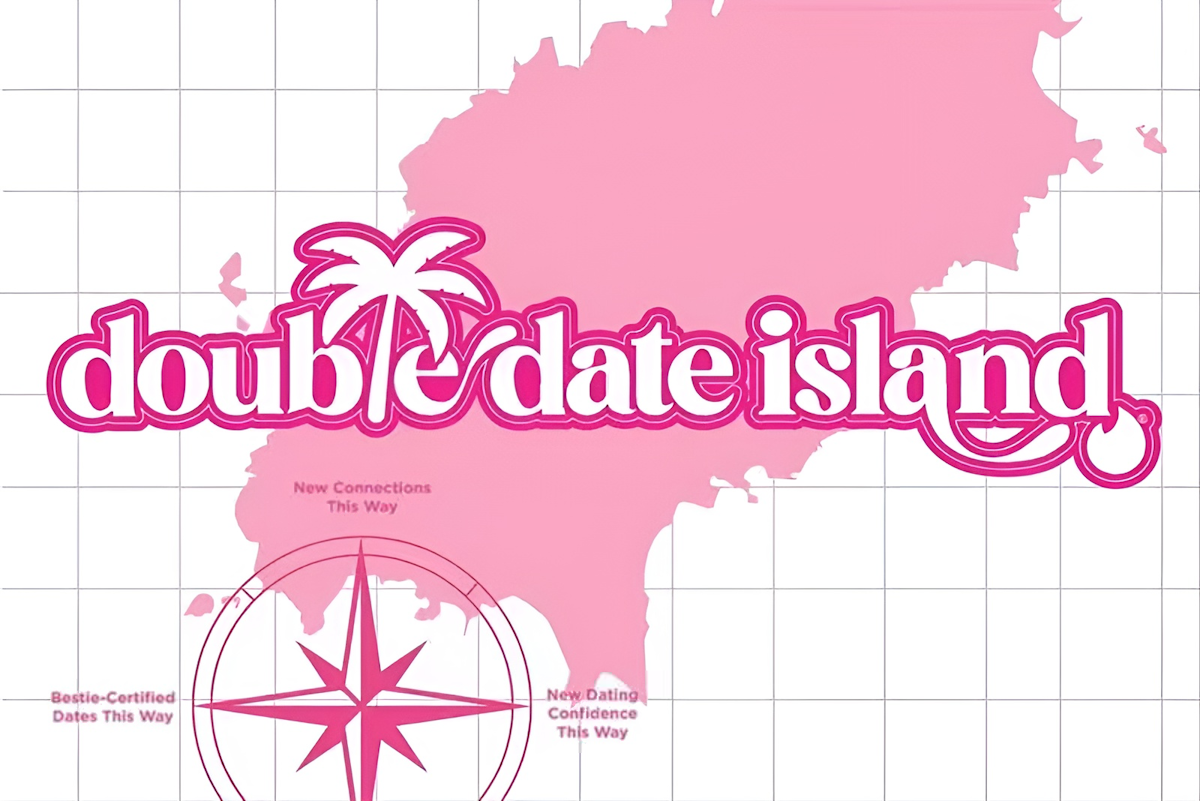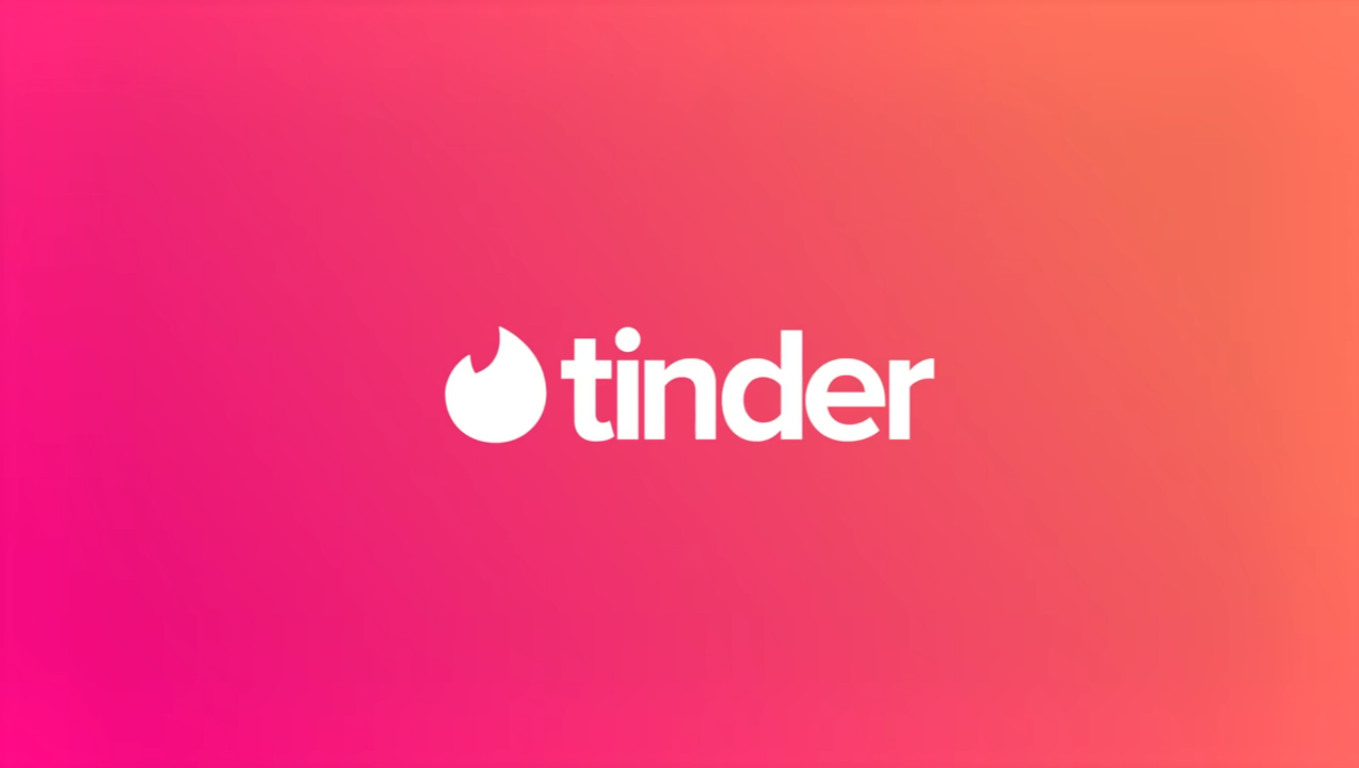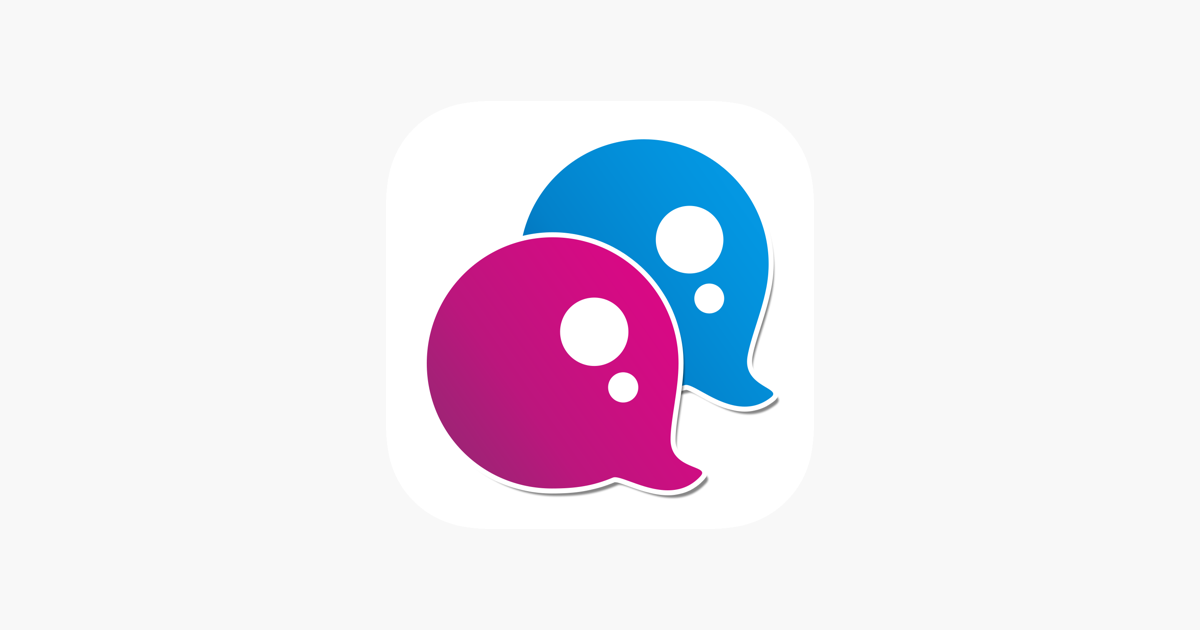New survey data suggests a growing number of younger workers are turning away from dating apps and meeting partners in the workplace instead. Research from the Society for Human Resource Management (SHRM) found that half of employees have engaged in an office romance, while a 2024 survey from Resume Builder reported that nearly one-third of workers aged 18–44 have started a workplace relationship since returning to in-person work at least once a week.
Gen Z appears most likely to pursue these connections, with 45% saying they have dated a coworker, compared with 42% of millennials, 35% of Gen X, and 21% of baby boomers. However, given that apps provide access to a wider pool of potential matches beyond immediate social and professional circles, this shift may not be as much of a blow as expected – especially given the increasing preference for highly specific match compatibility that may not be possible in the limits of an office community.
Industry analysts point to several factors behind the shift, including growing dissatisfaction with dating app culture, reduced socializing in bars, and the “proximity principle” – the psychological effect where repeated interactions increase attraction. Attitudes toward office relationships also appear to be softening. Nearly 60% of millennials and 49% of Gen Z say workplace romance has become more accepted, compared with only 25% of boomers. Many managers report positive effects on morale, though potential drawbacks include distraction, interpersonal conflict, and HR concerns.
While this shift may be due to a frustration with the dating app experience, it also opens up new possibilities for an entire subset of new apps – ones that enable this kind of connection more easily. While casual chats are already locked down through things like Slack or Zoom since they see usage in-office anyway, very few apps exist that facilitate office romances within a specific company, area, or even one large department. This new pressure point might serve as a push to get new dating platforms off the ground, or to make existing apps rethink the elements that are causing frustration in the first place.
